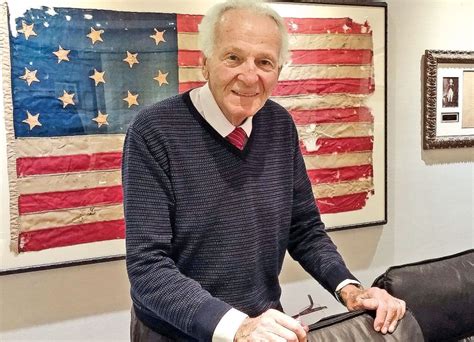A Quote by Cenk Uygur
You know what's a savvy business move? Making a profit.
Related Quotes
Make sure you comfort everybody, because you have so much power. The influence you do have, make sure you use that for the right things that's going to propel you, and propel your company. It's not always about making profit. I know y'all know how to make profit, and I know that's what it's about! But I'm very happy that I can come here and tell you I'm someone that has not been driven by the profit. You can succeed with the people.
I see top business schools working to bridge this gap [between academic research and business application] by respecting executive education, by having more mature students who proactively draw from faculty what they know they need, and by having faculty who are willing to leave their ivory towers for the murky world of business reality. Unfortunately, at other times, business professors have little or not interest or savvy about business issues.



































